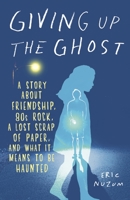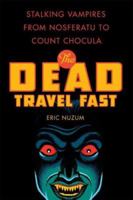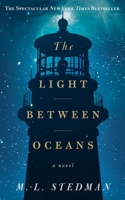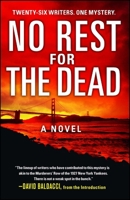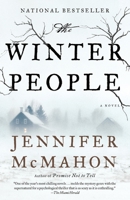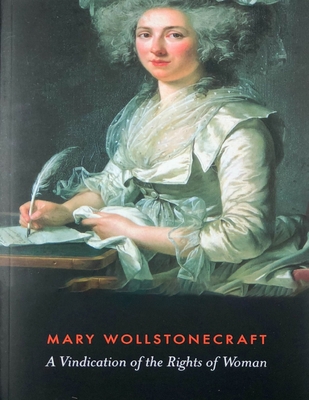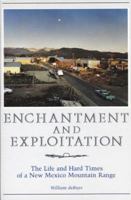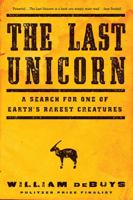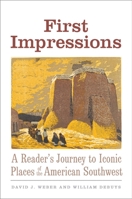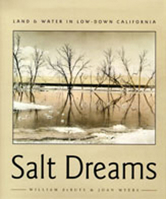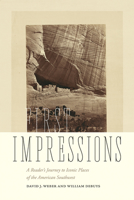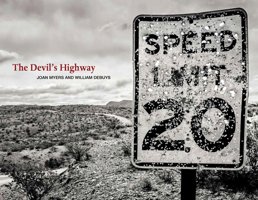Parental Advisory: Music Censorship in America
Select Format
Select Condition 
You Might Also Enjoy
Book Overview
Believe it or not, music censorship in America did not begin with Tipper Gore's horrified reaction to her daughter's Prince album. The vilification of popular music by government and individuals has been going on for decades. Now, for the first time, Parental Advisory offers a thorough and complete chronicle of the music that has been challenged or suppressed -- by the people or the government -- in the United States.
From Dean Martin's Wham, Bam, Thank you Ma'am to Marilyn Manson's Antichrist Superstar; from freedom fighters such as Frank Zappa and in-your-face rappers such a N.W.A. to crusaders such as Tipper Gore, this intelligent and entertaining book shows how censorship has crossed sexual, class, and ethnic lines, and how many see it as a de facto form of racism. With nearly one hundred fascinating photographs of musicians, record burning, and controversial cover art; illuminating sidebars; and a decade-by-decade timeline of important moments in censorship history, Parental Advisory is by turns frightening and hilarious -- but always revealing.
Customer Reviews
Rated 5 starsMusic's History
This is a great reference book to learn more about the history of music. Everything you ever wanted to know about the music your parents never wanted you to hear is in this book. Read it. Recommended.
0Report
Rated 5 starsHistory of music censorship is valuable
Warning label: this review contains materials that champion free expression, individual choice in determining what music he/she can listen to without fear of persecution.My first musical collection was building up around the same time that the PMRC had begun hearings. Songs that contained sexually explicit lyrics, violence, and references to drugs and the occult were targeted. Remember the "Filthy FifteenE Remember only...
0Report
Rated 5 starsAmazing Page Turner
This is an outstanding view written by a music lover for a music lover! This book has everything from censorship broken down into parts (drugs, politics, sex etc) to a history of it. This book in it's entirety is very informative and persuasive.
0Report
Rated 5 starsI Couldn't Put It Down
I didn't always agree with his opinions, but he always supported them well enough for me to belive him. He has a very unique point of view, which comes across as he covers everything from Elvis waist up on Ed Sullivan, to record companies changing songs so they can be sold at Wal-Mart. It is amazing what was censored, and when. Most times I could see the reason behind why something was censored, but sometimes I could not...
0Report
Rated 5 starsA shocking part of history
I think I had my jaw on the floor the entire time I read this book. I started thumbing through it soon after it arrived, and couldn't stop reading. I've read books about music history before, but Mr. Nuzum has done a great job of making sense of music censorship. I was surprised at the number of music censorings throughout history and at how people didn't learn from the PMRC in 1985! I hope Tipper Gore and her friends get...
0Report













